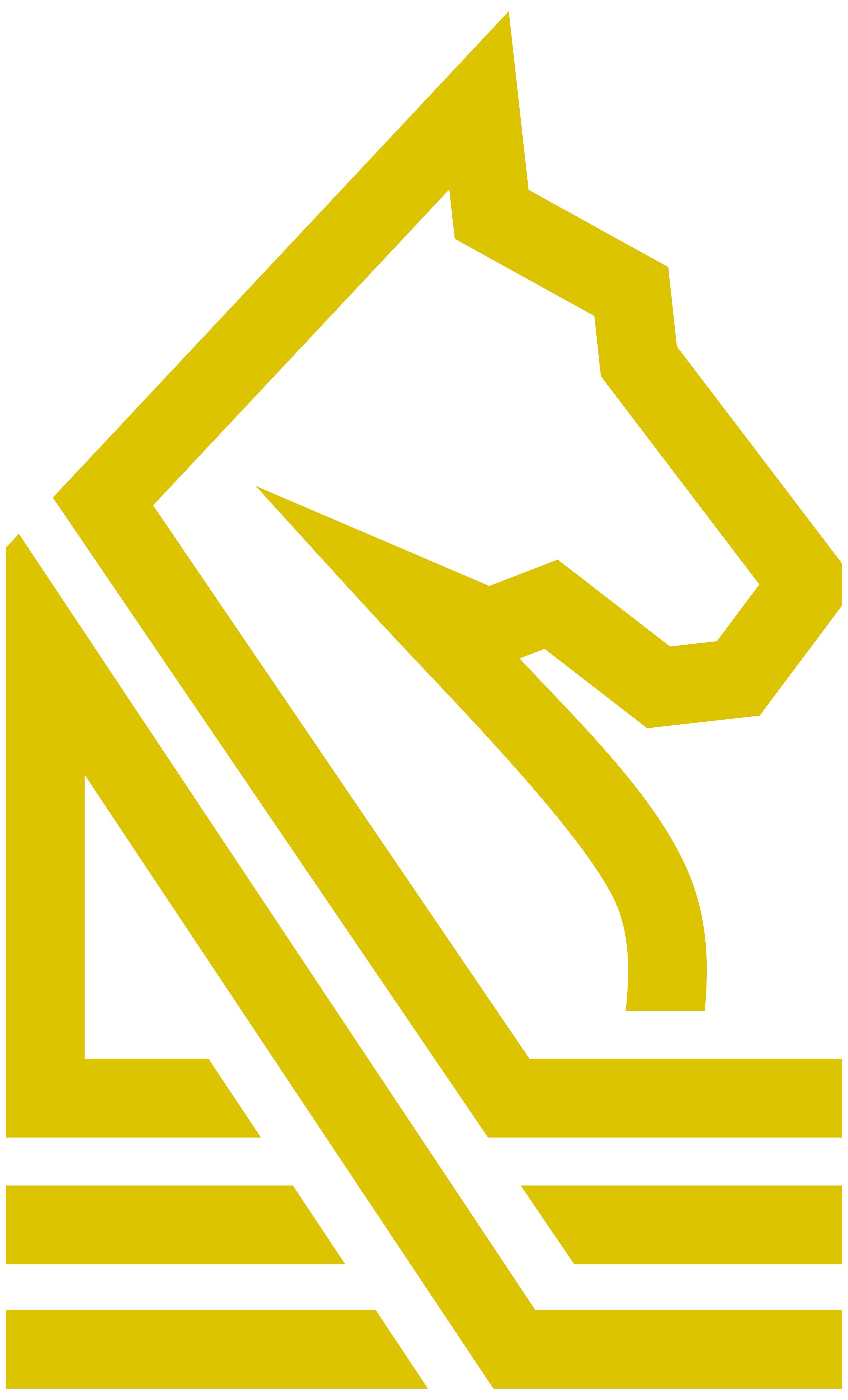You know where I’m going with this if you’ve raise capital from an Angel Group.
The claim is that it’s a one-to-many pitch for founders who need more than family and friends cash – yet have few other options.
There are Angel Groups on every street corner of every city in every state of the union. The good news there is no shortage.
But it is not easy. In fact, it can be a tortuous process. Why?
While there is the Angel Capital Association that provides best practices, tools, networking, syndication support and other capabilities to help Groups and Networks operate more efficiently, it’s hard to find the high performers. And there are plenty of low performers.
I was part of an Angel Network for almost a decade. We syndicated with other groups throughout the Southeastern US. With my work as an advisor helping hundreds of startups raise capital, I have seen it all.
Here are three areas I advise founders to watch out for, and for Angel Groups and Networks to work on to improve their models:
Many use deal management platforms like Gust, Dealum, Peerstreet, CrowdRise and Onevest. It makes it easier for the Group to have all founders upload their data so that their members can consume the data similarly from all deals they are evaluating.
The problem: Many of these platforms are not ready for prime time. The founder spends an enormous amount of time uploading and reloading data on several different platforms used by many different Groups they are trying to reach.
______________________________
Groups often use interns to perform early screening.
The problem: They are given a script and process to follow with perhaps a tool like a data collection form. Great, but the founder submits a third party (e.g., Gust) application, then must fill out a survey form that takes another 2 hours. Only to be met with a cryptic “you don’t fit out criteria” response from the intern.
______________________________
Collecting Member Interest. This is often a disorganized process led by the one member who is most interested in your deal. He or She ended up leading the Due Diligence team and is trying to figure out if there is enough member interest to pool funds and invest in you.
The Problem: The quality and timing of this process varies widely between Groups. It can take forever and change many times – which is a major frustration for the founder.
______________________________
Hopefully you get the idea. Angel Groups are a club of sorts. How they do their thing is loosely governed led by members who do things differently and at a different pace.
Ending on a positive note here are some characteristics of high performing Angel Groups.
They,
- Spell out their process right up-front including timing of each step.
- Communicate clearly and often with the founder and team.
- Have clear beginning-to-close sponsorship. You know who your go-to person is at all times.
- Have a deal room their members know how to use. You may have your own deal room and you should but, if they have their own and port your data into it, due diligence goes better.
- Round up member interest in a timely manner and establish a SPV (Special Purpose Vehicle). Hint: If this takes more than a month after your full membership pitch your deal is heading in the wrong direction.
Hope this helps just a bit.
David Karabinos | CEO | Healthcare Technology Strategist
www.DavidKarabinosAdvisory.com

